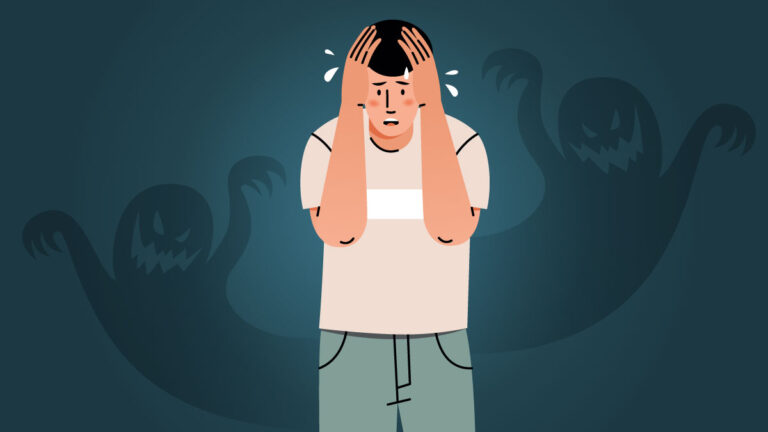Is IXL Bad for Mental Health?
IXL is a widely used online learning platform designed to help students strengthen their academic skills in subjects such as math, language arts, science, and social studies. While many educators and parents appreciate its structured learning approach, some have raised concerns about its impact on students’ mental health. In this article, we’ll take a closer look at both the benefits and potential drawbacks of IXL to answer the important question: Is IXL bad for mental health?
Understanding IXL and Its Purpose
IXL is an interactive learning tool that uses adaptive technology to personalize lessons. Students receive immediate feedback, practice questions, and progress tracking. The goal is to build mastery over time. However, the platform’s design—particularly its scoring system and repetitive practice—can sometimes cause frustration and stress for students.
The Potential Mental Health Concerns with IXL
1. Pressure from the Scoring System
One of the most common complaints about IXL is its “SmartScore” system. As students answer questions correctly, their score increases. However, a single wrong answer can significantly drop their score, which can lead to feelings of failure, anxiety, and discouragement.
2. Repetitive and Lengthy Practice
Some students find the program repetitive, requiring them to answer many questions before mastering a skill. This can feel overwhelming and lead to burnout, especially for younger children or those who struggle academically.
3. Fear of Failure and Perfectionism
Because IXL emphasizes mastery, students may feel pressured to keep practicing until they reach a high score. This can foster perfectionist tendencies and fear of making mistakes, which negatively affects self-esteem and mental well-being.
4. Stress from Time Requirements
In some classrooms, IXL is assigned with strict time or score requirements. Students who struggle to meet these expectations may experience stress, frustration, or even resentment toward learning.
The Positive Side of IXL

While there are valid concerns, it’s important to note that IXL is not inherently bad. Many students benefit from the platform when used in moderation:
- Personalized Learning: Lessons adapt to each student’s level, which can help build skills at an appropriate pace.
- Immediate Feedback: Students can learn from mistakes instantly instead of waiting for a teacher’s review.
- Tracking Progress: Parents and teachers can monitor performance and identify areas where students need support.
- Confidence Building: When students succeed, the platform reinforces their progress, which can boost confidence.
Tips for Minimizing Negative Mental Health Effects
If you’re concerned about IXL’s impact on mental health, here are a few strategies to create a healthier learning experience:
- Set Reasonable Goals: Avoid requiring perfection. Focus on improvement, not just reaching a specific score.
- Limit Screen Time: Balance IXL with offline learning, outdoor play, and creative activities.
- Encourage Breaks: Short breaks during sessions help reduce frustration and mental fatigue.
- Offer Emotional Support: Remind children that mistakes are part of learning and not a reflection of their worth.
- Use IXL as a Supplement, Not the Sole Tool: Combine IXL with other teaching methods to keep learning engaging.
FAQs About IXL and Mental Health
1. Why do some students dislike IXL?
Many students dislike IXL because of its scoring system, repetitive practice, and the stress of losing progress after mistakes.
2. Can IXL cause anxiety in students?
Yes, IXL can cause anxiety if students feel pressured to achieve high scores or spend long hours on repetitive tasks.
3. Is IXL suitable for all learning styles?
Not always. While some students thrive with structured practice, others may prefer more creative, flexible, or hands-on approaches.
4. How can teachers make IXL less stressful?
Teachers can set flexible goals, celebrate progress rather than perfection, and allow breaks to reduce pressure.
5. Should parents limit IXL usage at home?
Yes, parents should balance IXL with other learning methods and ensure children do not spend excessive time on the platform to protect their mental health.
Final Thoughts: Is IXL Bad for Mental Health?
IXL is not inherently harmful, but the way it is used can greatly influence its impact on students’ mental health. When students are pressured to achieve perfection or spend excessive time on the platform, it may contribute to stress, anxiety, and frustration. However, when used thoughtfully—with realistic goals, breaks, and encouragement—IXL can be a valuable learning tool that supports growth without damaging mental well-being.






